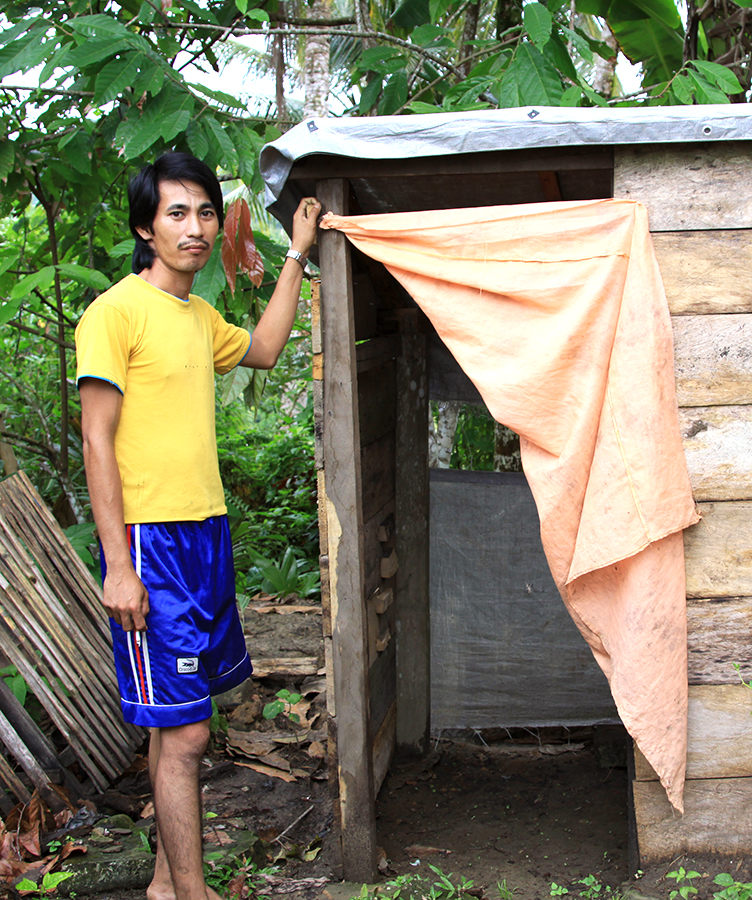
- Research project
- – Western Pacific
Achieving the Sustainable Development Goals requires a shift in how the water sector currently works. We need a greater focus on strengthening local capacity to in order to assess and address sector gaps. We do this by partnering with organisations to co-design, evidence-based capacity developing programs or by delivering other projects.

To support a sectoral shift, so we can achieve the Sustainable Development Goals, we work with organisations through capacity development partnerships and other projects to strengthen individual and organisational capacity in integrated water management.
These partnerships support organisations to deliver more effective programming, build sector capacity, and contribute to improving the health and well-being of communities, the environment and economies for more equitable and sustainable development outcomes.
Capacity development partnerships require an iterative process that is needs driven and tailored to each individual context.
Individual capacity development partnerships may focus on different issues, but all share common characteristics and are:
While we work with partners to identify their target audience, our capacity development partnerships primarily focus on working with CSO field teams who in turn work to strengthen the capacity of governments, communities and business actors.
Once our partner has identified their primary audience, we work with them to identify and address team knowledge and skills gaps. Part of this process is the joint development of a theory of change to ensure partner teams have the capacity, skills, tools and motivations to empower local change agents and collectively deliver more sustainable and high-quality program outcomes.
We then build capacity in the areas identified through a range of adult learning approaches that
support collective learning across a partnership. Typical activities include ‘train the trainer’ workshops, 1:1 and group mentoring, report support, field visits, cross visits and peer-to-peer learning exercises.
The OECD defines capacity development as the processes whereby individuals, organisations and society as a whole unleash, strengthen, create, adapt and maintain capacity over time. As such, capacity development lies at the heart of transforming water management to cope with global challenges. How capacity development is measured is case dependent and guided by appropriate assessment models (e.g. the five capabilities model).
Successful partnerships demonstrate the ability to collectively:
